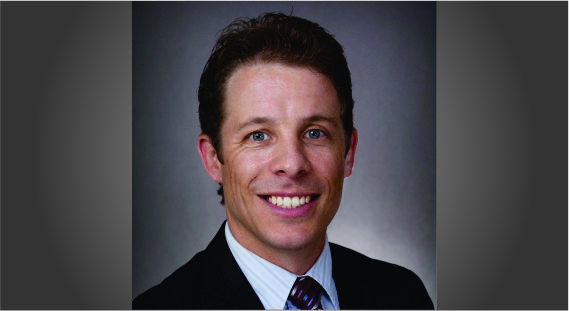by Kristopher Schamber, MD at Sheridan Memorial Hospital’s Internal Medicine Practice
November 2019
Transitions of care from one’s current living environment to another often is one of the biggest decisions a person or their care partner must make. Transitions can be thought of in two different categories: living arrangements and types of care.
Living Arrangments
Independent Living, also known as Senior Housing, is an apartment for Seniors, age 55 or older, paid for by the resident, and may be government subsidized. Examples include Heritage Towers, Covey Run, and Sheridan Square.
An Assisted Living is apartment style living with added services, including 24-Hour emergency call systems, medication management, wellness programs, life enrichment activities, three meals daily, and others. It is paid for by the individual. To qualify, one must be independent with eating, drinking, bathing, and toileting, and not have active medical conditions that require the help of medical personnel on a daily basis. Examples include Elmcroft of Sugarland Ridge and Willow Creek
A long-term care facility, also known as nursing home, is the type of care situation that almost all older folks fear. It is a place of living that provides the following: medical visits in the facility, coordination of medical care outside of the facility, medication management, all meals, therapy, and help with bathing, toileting, and feeding. It is generally paid for by the resident and may also be covered by long term care insurance. A person may qualify for long term care Medicaid coverage, but all assets must first be exhausted (house, savings, etc). Examples include Sheridan Manor and Westview.
Types Of Care
A skilled nursing facility, also known as a rehab facility, provides care focused on rehabilitation after an acute illness or surgery. It may be part of a facility that also provides long term care. Physical and occupational therapy, nursing services, medication management, and meals are provided for. To qualify, one must have a medical condition that requires a specific type of medical help being offered at the facility (ex. Physical Therapy), must be able and willing to participate in therapy, and for Medicare, must have a qualifying hospital stay within the last 30 days (3 nights or more as “inpatient” status). Care is paid for by the patient and insurance. Coverage with private insurance is variable depending on the plan. Medicare covers 100 days per qualifying period, where the first 20 days is paid 100% by Medicare, and days 21-100 paid by the patient at $164 per day co-pay with the remainder picked up by Medicare. A supplemental insurance plan may cover costs as well.
Home health care is short term skilled nursing care provided in the home. Services include therapy, nursing, aid services, medication management, and social work. To qualify, the person receiving care must be safe and independent at home, must have a medical condition that requires a specific type of medical service, must be able and willing to participate in therapy, and must not be able to leave the home without assistance.
Hospice is a specific type of palliative care. It is a philosophy of care for patients with a terminal illness who have a life expectancy of six months or less and who choose not to seek curative treatment for their illness. The goal of hospice care is to make the patient as comfortable as possible by relieving symptoms of the disease and to support the patient and family emotionally and spiritually during the final months of life. Hospice is provided primarily in the home and is covered entirely by Medicare and most private insurance plans.
Difficult Conversations
When having a difficult conversation with a loved one about transitioning to a different living or care situation, try to remember this is their life. Discuss health goals, life goals, hopes and fears, and what is important to them. Discuss possible benefits and be honest about your concerns. Try to genuinely understand.
Older adults value their independence above almost anything else. Most, if given the choice, wish to stay in their own home. This may not always be possible due to a number of different factors, however we as a community, as family members, as care providers, owe it to these folks to try and preserve their autonomy and allow them to live independently as long as possible.
Click here to learn more about Internal Medicine at Sheridan Memorial Hospital.

